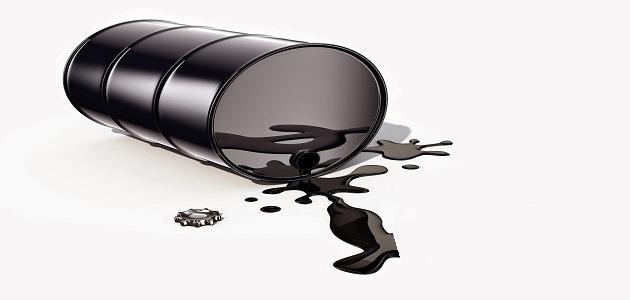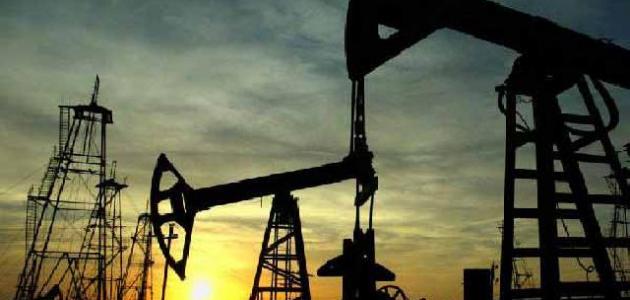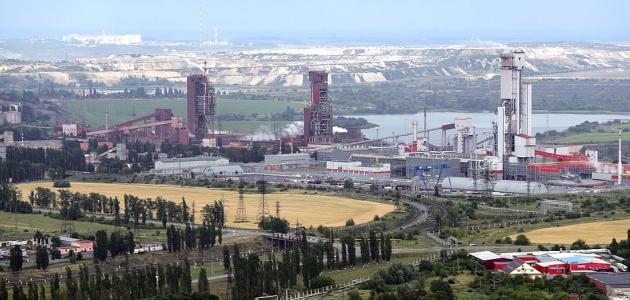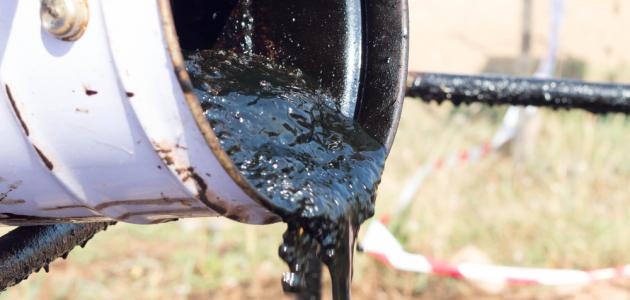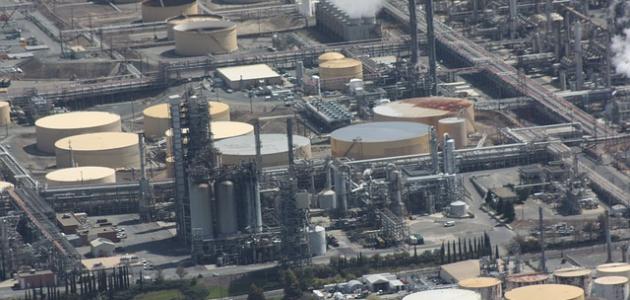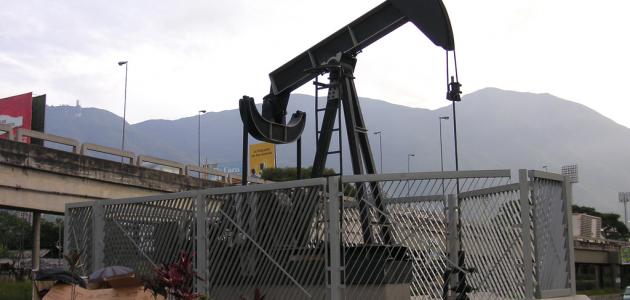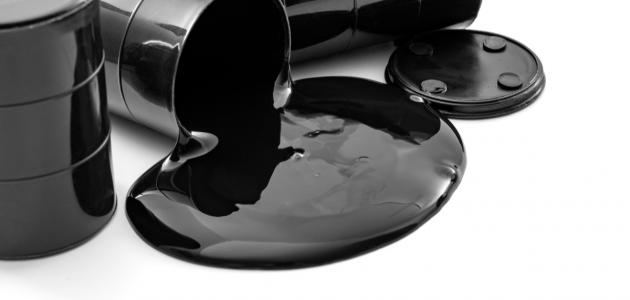Methods for separating petroleum components
There are many ways and forms to separate petroleum particles from each other, including the following:
- Organic separation, such as separation of benzene, separation of aromatic compounds, and diesel.
- Separation of olefins from paraffins.
- Converting methane into higher value products such as: hydrocarbon liquids, synthetic lubricants, and ethylene.
- Separation of isomers, and this process leads to a significant reduction in the energy consumption required for the manufacture of certain chemical products.
- Separation of asphalt from petroleum.
- Hydrogen gas separation.
- Removal of acid gases.
- Removal of volatile organic compounds from gases.
- Removal of organic matter from wastewater.
- Remove suspended particles.
Today, oil separation process technologies can be improved to increase energy and raw material efficiency, and reduce cost.
Petroleum refining process
The refining process is defined as the conversion of crude oil into other useful oil products such as: diesel, gasoline, heating oils and others, as crude oil consists of hundreds of interconnected and different hydrocarbon molecules, which are separated from each other through the refining process, and this process goes through In three different basic stages, which are as follows:
- the chapter: It is the process of distillation, in which the crude oil is heated, and the hydrocarbon molecules are separated at the boiling point.
- the transfer: It is the process of changing the type of hydrocarbon to another type to produce a product such as gasoline.
- processing: It is the last stage, and includes combining manufactured products to make different octane levels, an example of which is the desulfurization process from diesel fuel.
Petroleum components and their uses
There are many compounds that are produced from the petroleum refining process, and are used in different walks of life, the most important of which are the following:
Read also:What are the benefits of oil- butane.
- diesel.
- car fuel.
- Kerosene.
- liquefied natural gas.
- The liquefied petroleum gas
- propane
- oil.
- naphthalene.
- Paraffin wax.
- Recycled asphalt.
- Petroleum jelly
